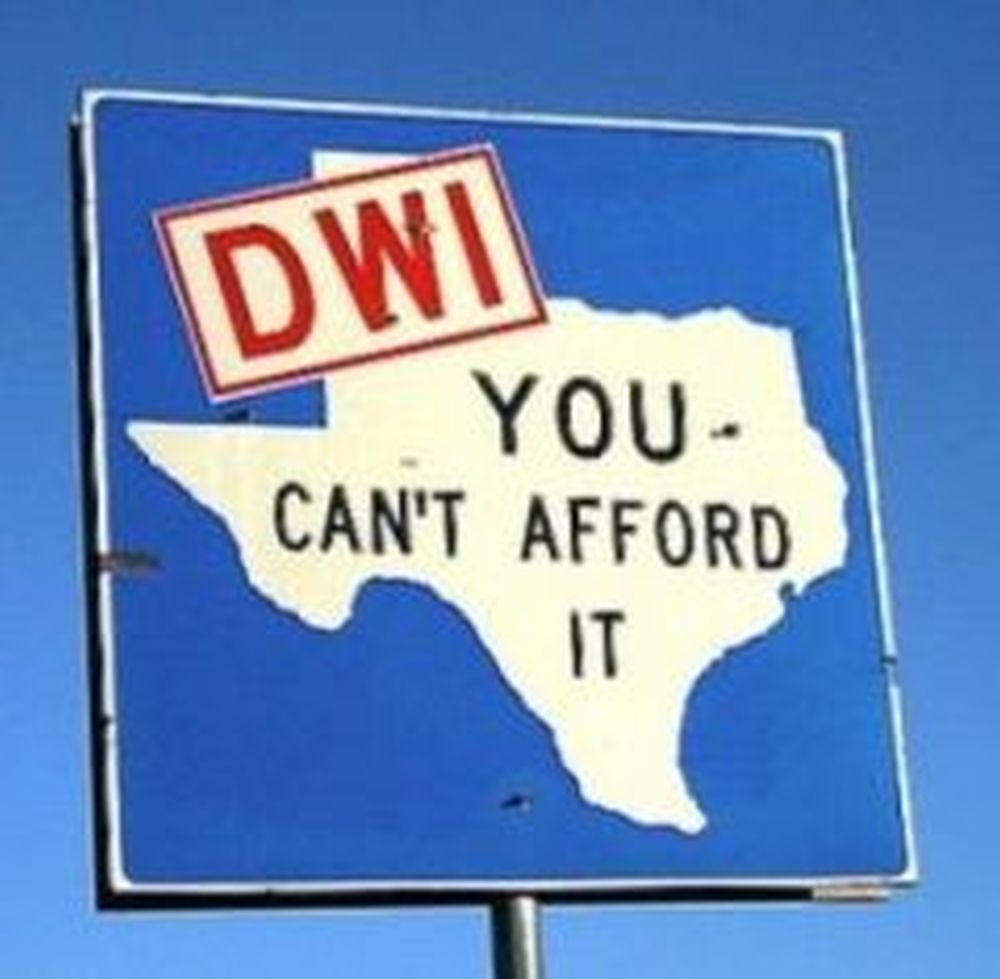Collision insurance plays an essential role in protecting you as a driver, especially when accidents occur. It covers repair costs for your vehicle, whether you collide with another car or a stationary object. This financial safety net not only alleviates the burden of unexpected expenses but also guarantees that you can maintain your vehicle's value over time. However, the specifics of how this coverage works and what it entails may surprise you.
When you're on the road, the unexpected can happen in an instant, making collision insurance a fundamental aspect of vehicle protection. This coverage is designed to safeguard you from the financial repercussions of accidents involving your vehicle, regardless of whether you're at fault. It covers damages from collisions with other vehicles or stationary objects, such as trees or guardrails. Additionally, collision insurance extends to single-car incidents, including rollovers and damage caused by potholes, ensuring that you're not left to bear the full cost of repairs. Collision insurance is particularly important for financial protection against physical damage costs. Furthermore, having adequate coverage limits can help ensure that you are fully compensated for the damages incurred during an accident.
One of the key benefits of collision insurance is that it provides financial security when accidents occur. If you've financed or leased your vehicle, having this coverage is typically mandatory, as it protects the lender's investment. In the event of an accident, your payout will generally reflect the vehicle's actual cash value, allowing you to recover a significant portion of your loss. This is particularly significant for drivers of newer or higher-value vehicles, where repair costs can be substantial.
Collision insurance offers essential financial security, especially for financed or leased vehicles, covering significant repair costs after an accident.
Collision insurance covers a variety of accidents, including those that may seem minor. For instance, if you accidentally hit a curb or slide on ice into an object, your collision coverage will help cover the repair costs. However, it's important to recognize what this insurance doesn't cover. Events like theft, vandalism, or damage from natural disasters fall under comprehensive insurance, while liability for damage to others' property or medical expenses for injuries aren't included in collision policies. Understanding these exclusions is crucial for ensuring you have the right coverage for your specific needs.
When considering the costs associated with collision insurance, the average annual premium is around $290, although this can vary depending on factors such as your driving record, the vehicle's value, and even your location. Choosing a higher deductible can lower your premium but could lead to higher out-of-pocket expenses in the event of a claim. Hence, it's critical to strike a balance between what you can afford in premiums and what you're prepared to pay in deductibles.
Filing a claim after an accident allows for repairs while the claim is being processed, providing you with peace of mind during a stressful time. However, high deductibles necessitate having enough savings to cover those costs before the insurance payout kicks in. Thus, careful consideration of your financial situation is significant when selecting your coverage.
Ultimately, deciding on collision insurance involves evaluating the value of your vehicle and your personal financial circumstances. While it isn't mandated by law in most states, it's commonly purchased for the financial protection it offers. If your vehicle holds significant value, the premiums may well justify the expense. Conversely, for older vehicles with low market value, skipping collision insurance might be a viable option. By understanding how collision insurance works and its benefits, you can make an informed decision that best suits your needs as a driver.
Conclusion
In the complex landscape of driving, collision insurance serves as a sturdy shield, defending you against unexpected financial burdens. Picture it as a safety net, catching you when accidents strike, whether it's a minor fender bender or a major collision. By covering repair costs, this insurance allows you to focus on recovery instead of finances, ensuring that your road to recovery remains smooth. Ultimately, collision insurance empowers you with confidence, turning potential chaos into manageable challenges.

